- Shop All Documents + Bundles
- FORS V7.1 Document Bundle | Bronze (15 Policies)
- Transport Manager Compliance Pack (10 Policies)
- Transport Manager Compliance Pack (6 Policies)
- Health & Safety Policy Template
- Fuel, Emissions And Air Policy Template
- Operational Security Policy Template
- Serviceability And Roadworthiness Policy Template
- Road Traffic Collision Policy Template
- Counter Terrorism Policy Template
- Load Safety Policy Template
- Vehicle Routing And Scheduling Policy Template
- Driving Standards Policy Template
- Driving Hours Policy Template
- In Cab Technology Policy Template
- Passenger Safety Policy Template
- Complaints And Grievances Policy Template
- Drug And Alcohol Management Policy Template
- Hazard And Risk Identification Policy Template
- VOR (Vehicle Off Road) Policy Template
- Tyre + Wheel Policy Template
- Health & Eyesight Policy Template
- Transport Infringement Policy Template
- Walk Around Check (Defect Check) Tool Box Talk Template
- Transport Manager CV Template
- Social Media Policy Template
- Transport Manager Contract Template
- External Transport Manager Contract Template
- Driver Handbook
Cutting-edge innovations drive efficiency and sustainability in the logistics sector
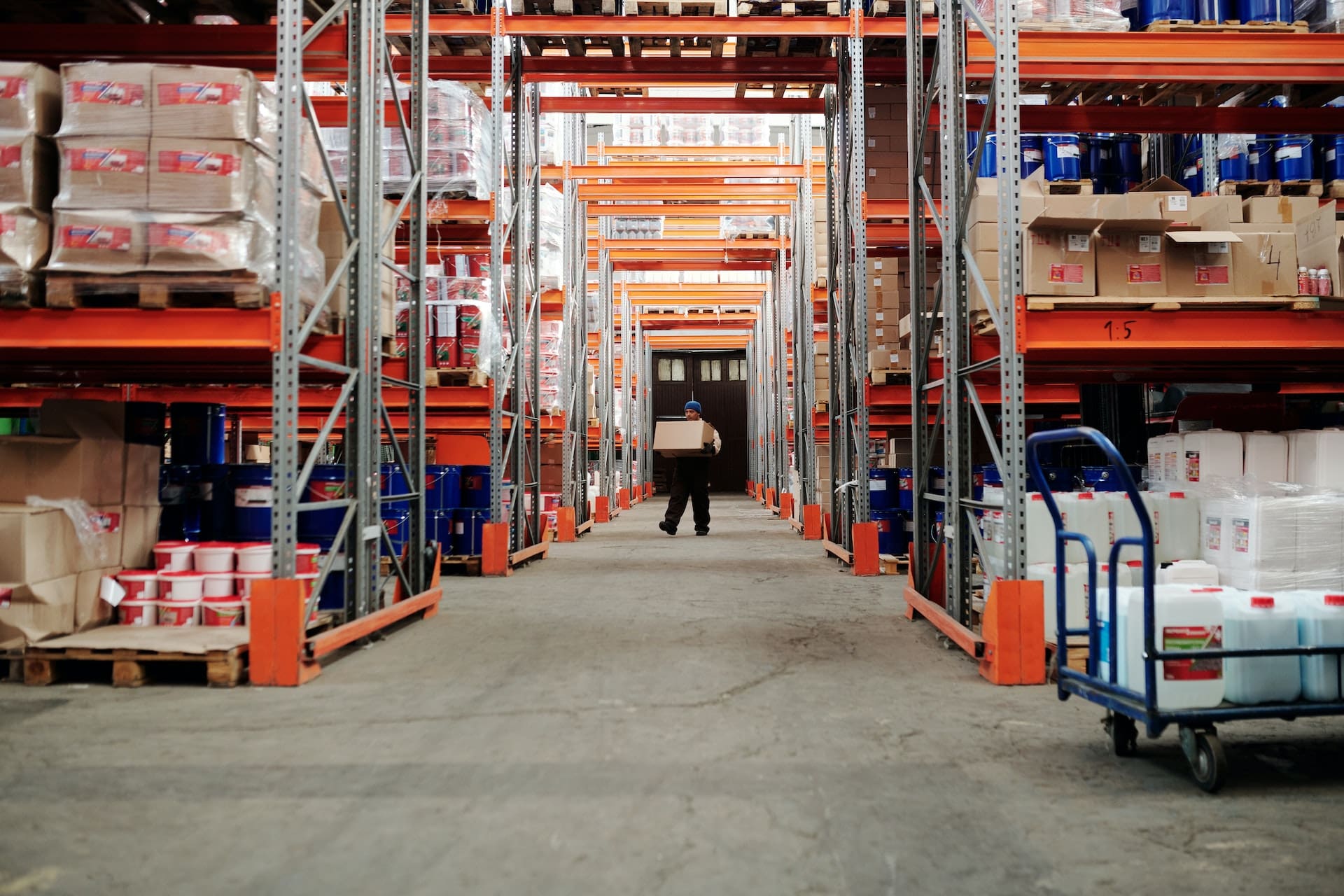
Technological Advancements Revolutionise the Haulage Industry
In a world that thrives on rapid globalisation and an ever-increasing demand for goods, the haulage industry plays a vital role in connecting businesses and consumers across the globe. With recent advancements in technology, this indispensable sector is undergoing a remarkable transformation, ushering in a new era of efficiency and sustainability.
The advent of autonomous vehicles has been a game-changer for the haulage industry. Cutting-edge self-driving trucks, equipped with advanced sensors and artificial intelligence systems, have been gradually making their presence felt on roads worldwide. These driverless marvels offer several advantages, including increased road safety, reduced transportation costs, and improved delivery times. Companies are investing heavily in autonomous technology, enabling their fleets to travel longer distances without the need for human intervention.
Additionally, the integration of Internet of Things (IoT) devices has revolutionised the way haulage companies manage their operations. IoT sensors installed in vehicles and cargo containers provide real-time data on factors such as temperature, humidity, and location. This wealth of information enables fleet managers to optimize routes, monitor the condition of goods, and make data-driven decisions that minimise delays and ensure the integrity of transported items. The seamless connectivity between vehicles, warehouses, and customers allows for enhanced supply chain visibility, ultimately leading to improved customer satisfaction.
Sustainability has become a key focus for the haulage industry as companies seek to reduce their carbon footprint and comply with stricter environmental regulations. Electric vehicles (EVs) have emerged as a promising solution, with haulage companies increasingly adopting them for short and medium-haul operations. The development of powerful batteries and the expansion of charging infrastructure have alleviated concerns regarding limited range and availability. As a result, EVs have proven to be not only environmentally friendly but also economically viable alternatives to traditional diesel-powered trucks. Governments and industry stakeholders are collaborating to incentivise the transition to electric fleets through grants, tax breaks, and research and development initiatives.
Moreover, artificial intelligence (AI) has found its place in the haulage industry, streamlining various aspects of operations. AI-powered predictive analytics enable companies to forecast demand patterns accurately, optimising resource allocation and minimising empty return trips. Machine learning algorithms analyse vast amounts of historical data, identifying patterns that can inform route planning, fuel consumption optimisation, and maintenance schedules. This advanced level of automation not only improves efficiency but also reduces costs, benefiting both businesses and the environment.
The haulage industry’s adoption of technology is not limited to vehicles and data management. Robotics and automation are transforming warehouses and distribution centres, increasing efficiency and reducing manual labor requirements. Robotic systems handle tasks such as palletising, sorting, and loading, enhancing speed and accuracy while reducing the risk of human error. These advancements allow for faster order processing, improved inventory management, and greater operational flexibility, contributing to an overall more agile and responsive supply chain.
As the haulage industry embraces these technological advancements, it propels itself forward into a future marked by increased efficiency, reduced environmental impact, and enhanced customer service. With autonomous vehicles, IoT connectivity, electric fleets, and AI-driven analytics becoming the new norm, companies operating in the logistics sector are poised to deliver goods faster, more sustainably, and with unprecedented precision. The haulage industry’s transformation is not only a testament to human ingenuity but also a vital step towards building a more interconnected and environmentally conscious world.
What are your thoughts on the current technological innovations playing out in the logistics sector?

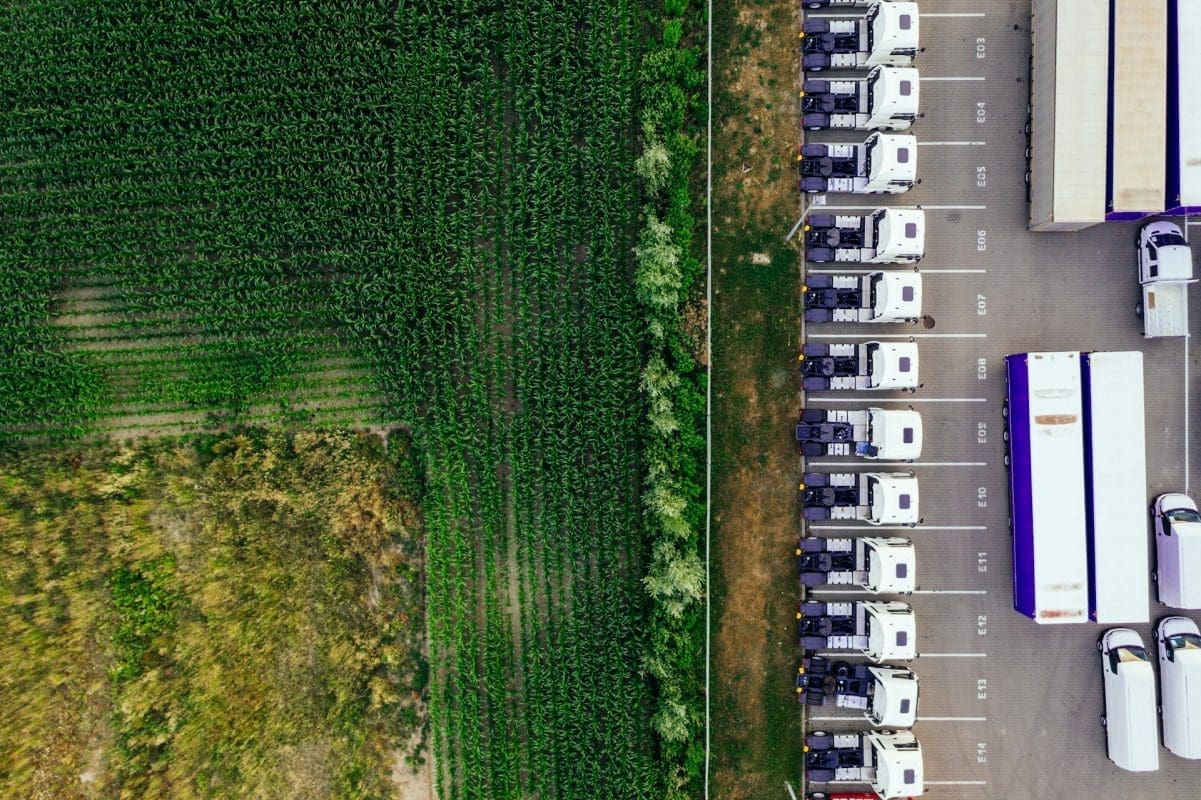
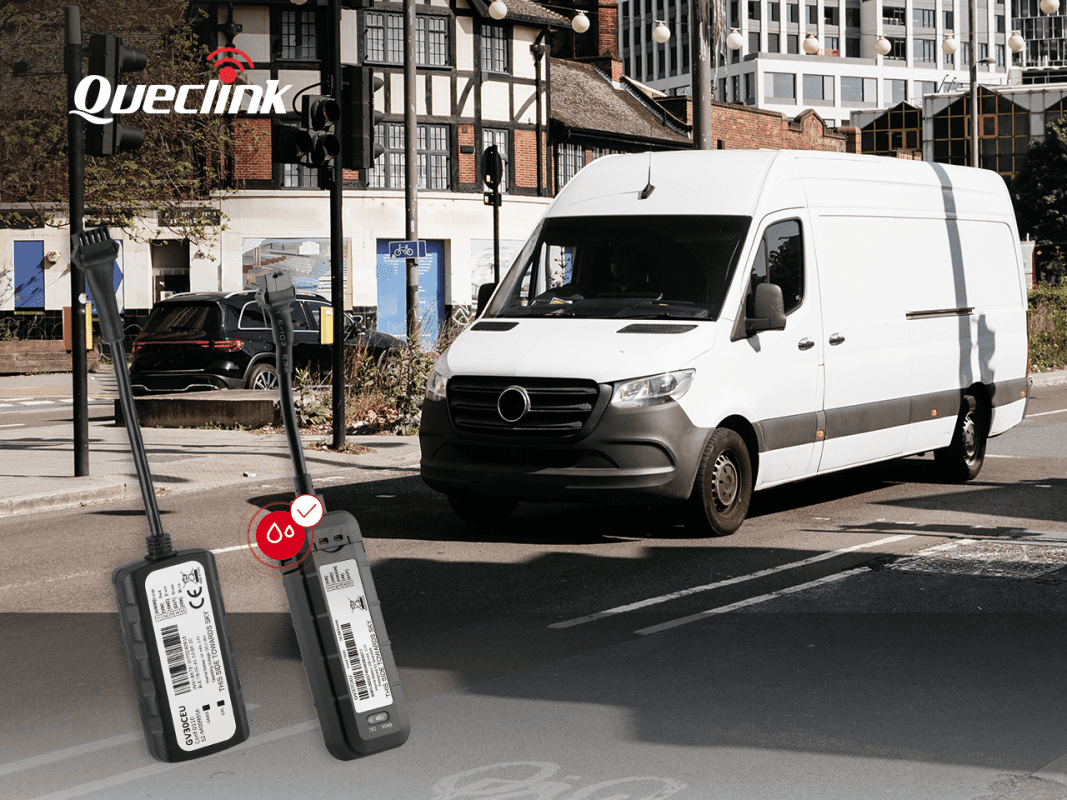
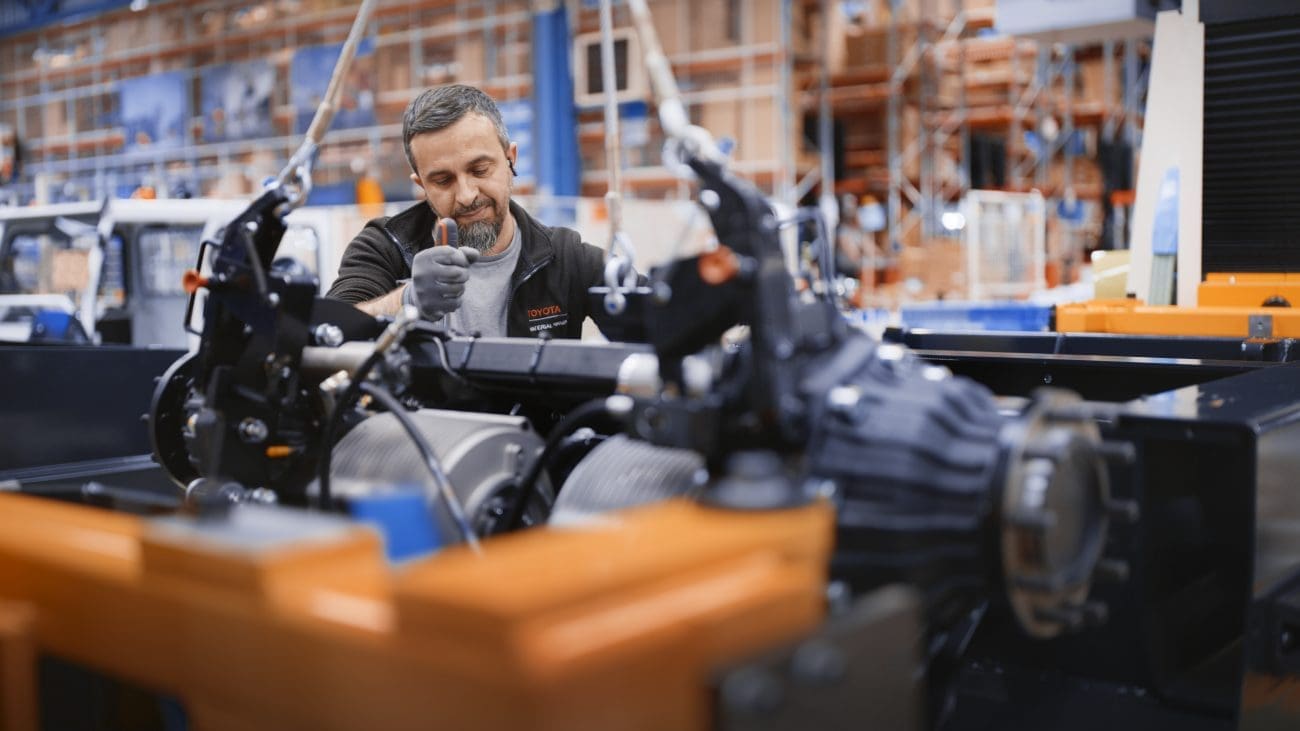

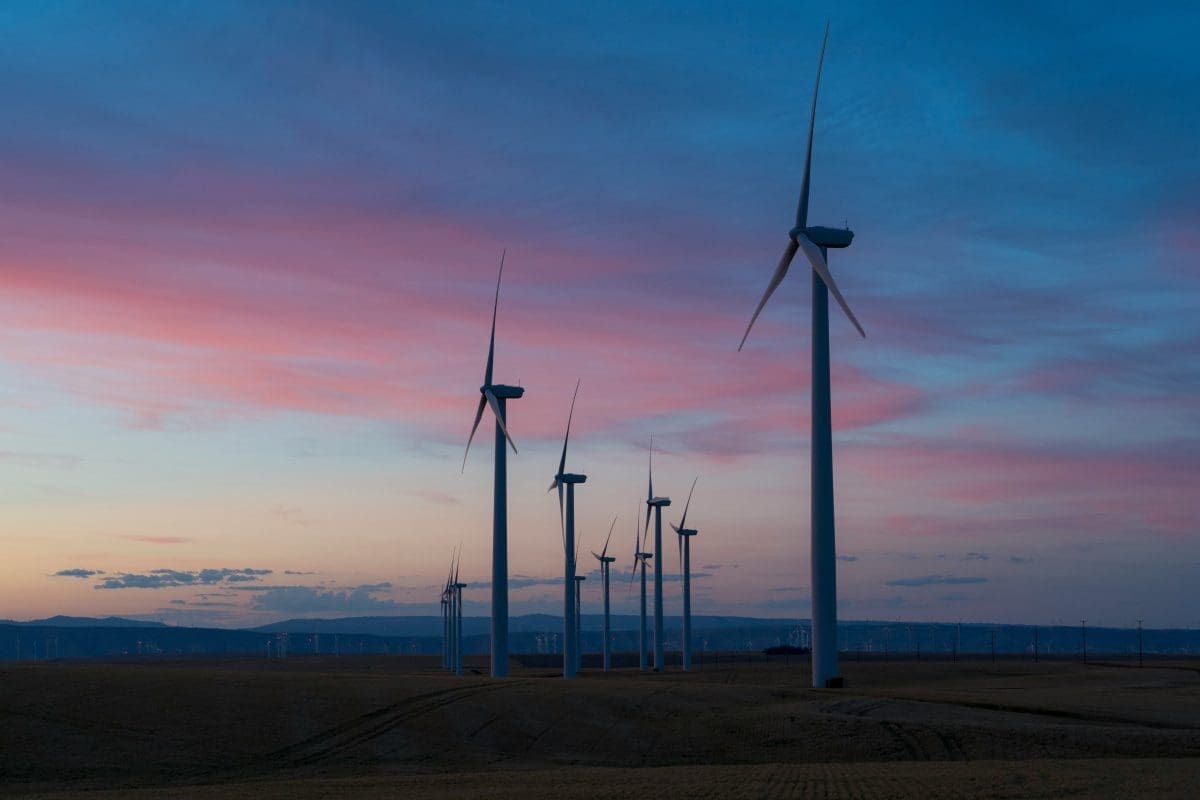
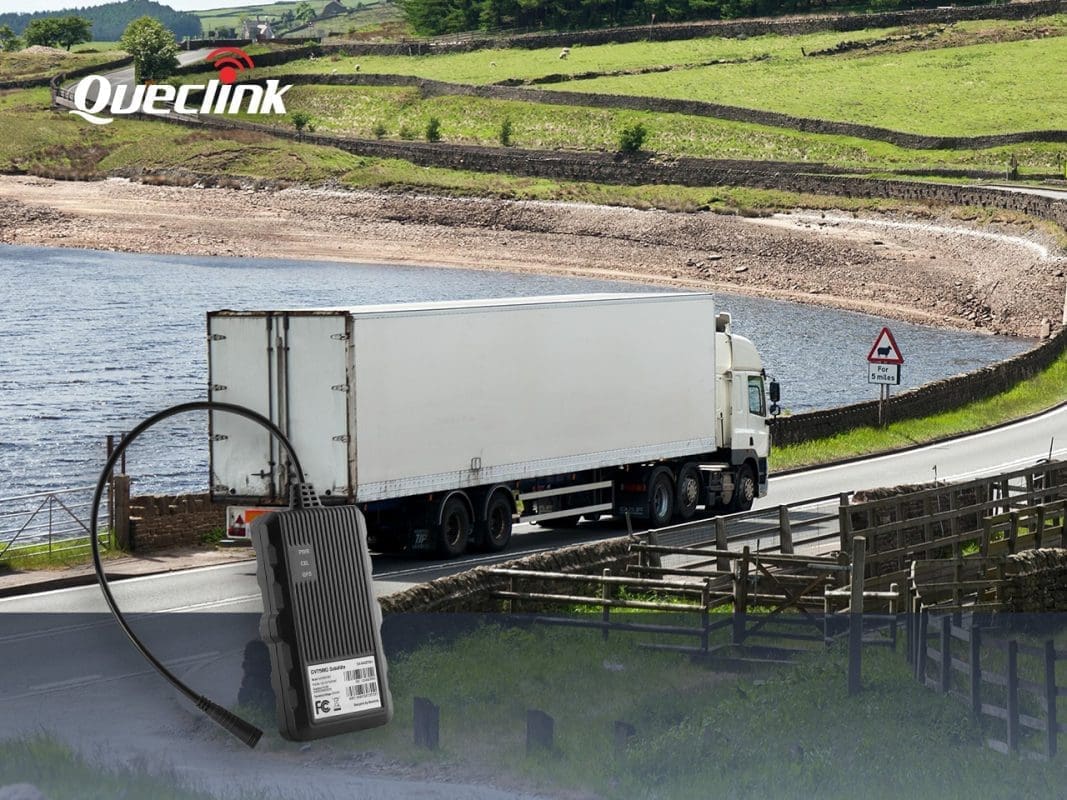


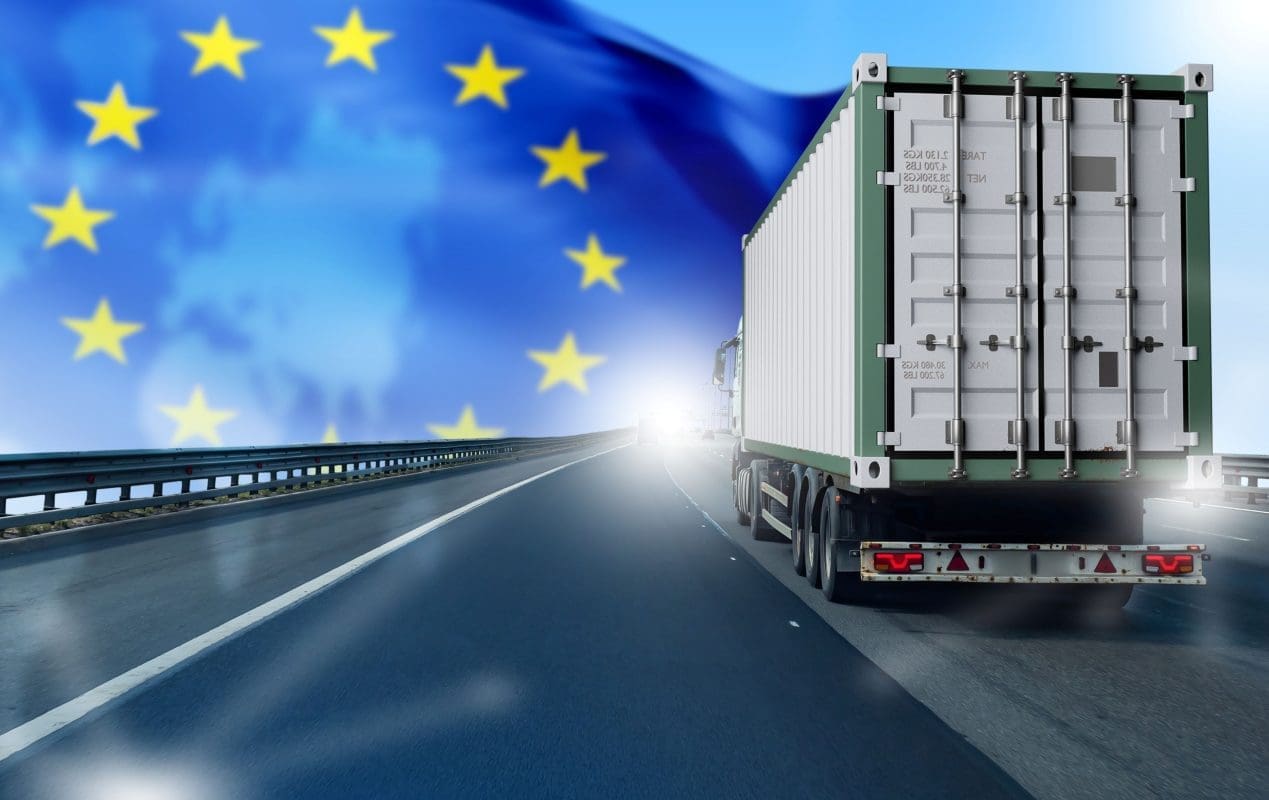
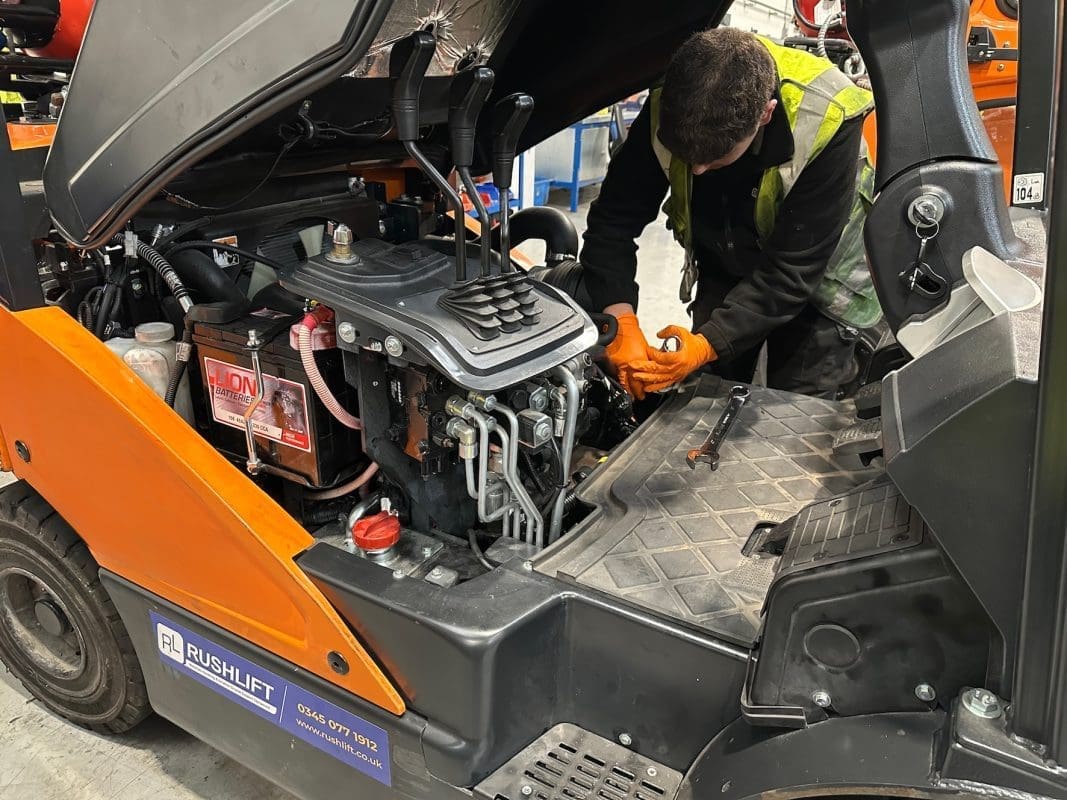
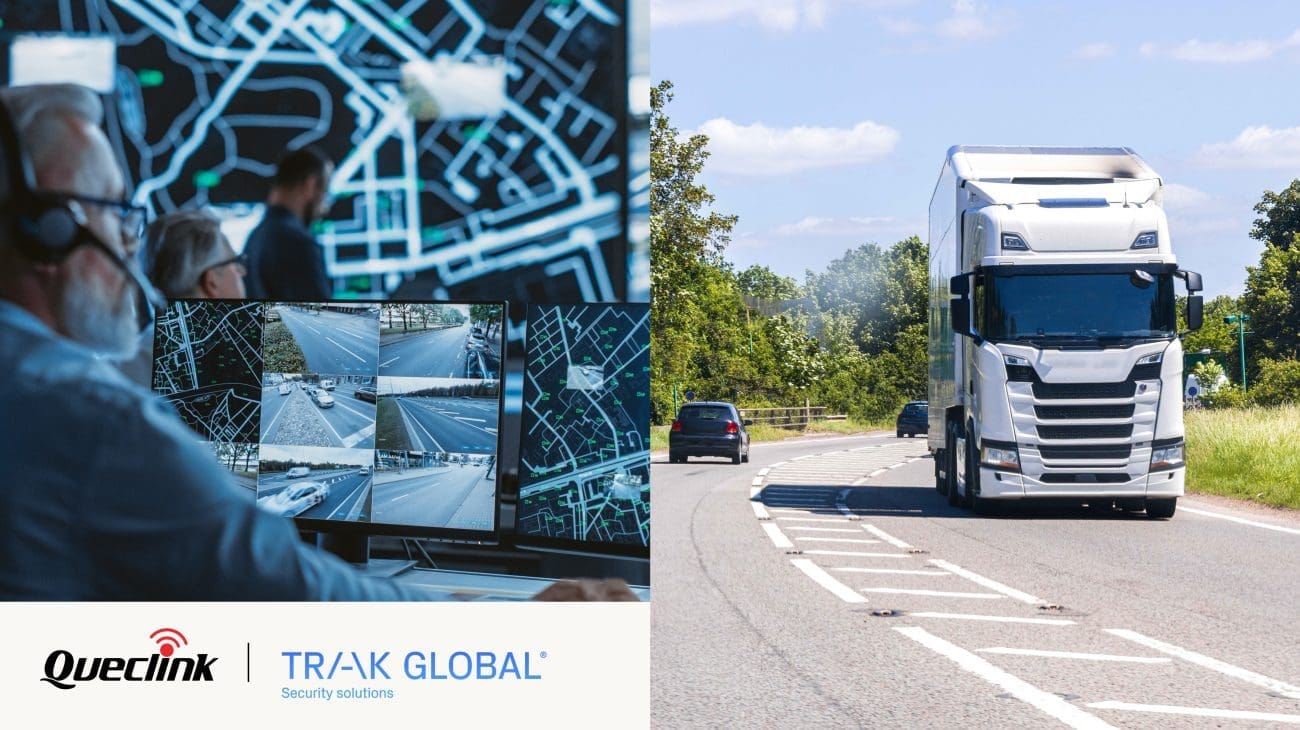
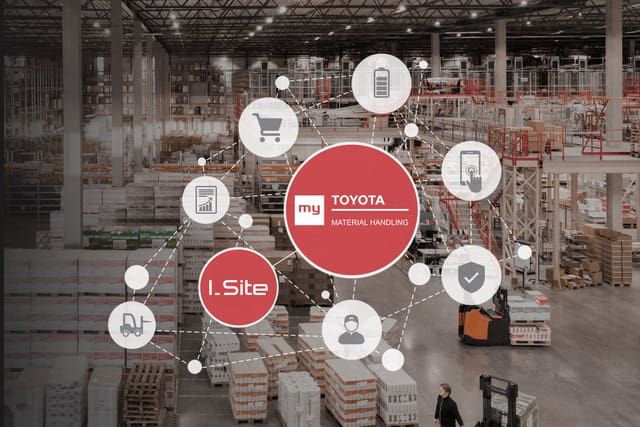
One thought on “Cutting-edge innovations drive efficiency and sustainability in the logistics sector”
Comments are closed.